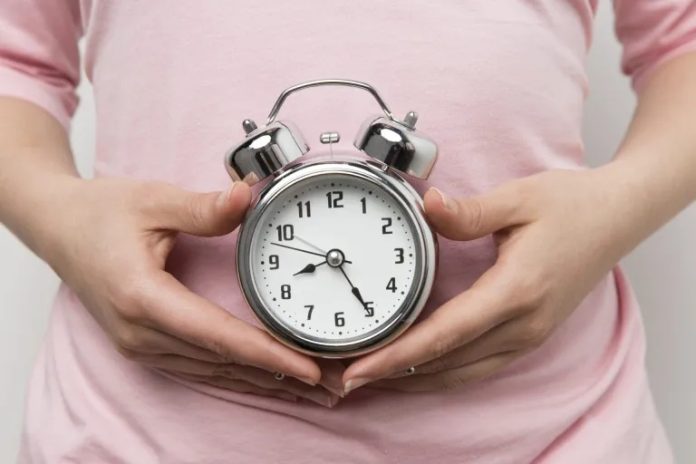What is Menopause?
Menopause often refers to the time in a life a woman’s ovaries stops producing egg every four weeks. With her monthly period absent, this also means that she will no longer bear a child. This time is also known as the end of the fertile days.
What Triggers Menopause?
Menopause is often caused by the aging of the body. This aging means that our body is no longer functioning as it were before. Hormonal imbalance starts to rise and affect the woman’s body systematically. The imbalance on sex hormones is caused by the hormone estrogen. Estrogen decreases, which in turn causes the cessation on the production of egg cells in the ovaries. The fall of this hormone causes both the physical and emotional symptoms of menopause. So basically, what triggers menopause is the fall in the hormone estrogen.
Symptoms of Menopause
Menopause typically is accompanied with physiologic as well as metabolic symptoms that are felt by a woman upon reaching the age of forty and beyond. These symptoms are associated by the sudden change in the hormonal balance and vasomotor responses of a woman that is menopausal. Here are the common symptoms that a woman feels:
- hot flashes;
- profuse night sweats;
- irritability and mood swings;
- water retention and weight gain;
- fatigue and muscle pains;
- vaginal itching and discharge;
- Dyspareunia or painful sexual intercourse associated with vaginal dryness;
- Irregular menses;
- Slouching of the posture related to osteoporosis.
At What Age Does a Woman Typically Reach Menopause?
As a rule, menopause happens in the life of an adult woman at the average of forty five until fifty two years old. Nevertheless, this may begin as early as the woman reaches the age of forty and may go as late as the age of fifty five. Be it noted that the median women’s age for menopausal period is fifty one years.
What Conditions Can Affect The Timing Of Menopause?
There are certain medical as well surgical conditions that can greatly influence the timing of menopause depending on the severity of the condition.
- Total abdominal hysterectomy of bilateral salphingo oopherectomy. This is known as the total removal of the woman’s internal reproductive organs due to certain diseases like cancer and irreversible bleeding after a woman’s childbirth. However, there are instances wherein the reproductive organs are not totally removed but only the diseased part are removed such as hysterectomy (the removal of the uterus) or oopherectomy (the removal of the ovaries. When these are done surgically, the woman will cease to ovulate and will experience an induced immediate menopause. The onset of the signs and symptoms of a normal menopause becomes abrupt and sometimes severe.
- Premature ovarian failure. This medical condition may affect the timing of menopause and can make it appear earlier than the age of forty. Basically, this is related to autoimmune and genetic factors. However, it is a good thing that this occurs only among one percent of all the women in the population.
How Lifestyle as Young Adult May Affect Age of Menopause?
The woman’s lifestyle as a young adult may greatly affect the onset of menopause. Some of these factors are triggered by smoking, alcoholism, sedentary lifestyle as well as lack of exercise. According to recent studies, it has been found out that menopause is strongly interconnected by a woman’s body mass index prior to menopause. Thus, being overweight that is predisposed by habits such as sedentary lifestyle and alcoholism will tend to make menopause appear earlier in the woman’s life. Furthermore, the fatty tissues and cholesterol build up in the body tends to affect the production of sex hormones particularly estrogen.
Treatment Options for Menopause
There are hormonal and non hormonal treatment for menopause and the need for these often vary from woman to woman.
- Hormonal Replacement therapy is used to replenish the estrogen hormone in the body to avoid or eliminate the symptoms associated with menopause such as hot flashes and night sweats. This is taken with progestin hormone for its fuller effect.
- Vitamin supplementations are also helpful to alleviate the symptoms experienced by a menopausal woman. This includes calcium supplements for osteoporosis.
Bottom Line
Therefore, it can be deduced that age and menopause are closely linked with each other. It is a great determinant as to when menopause will be triggered to come. However, there are multiple factors that can influence the onset of menopause such as sedentary lifestyle, smoking and alcoholism.















